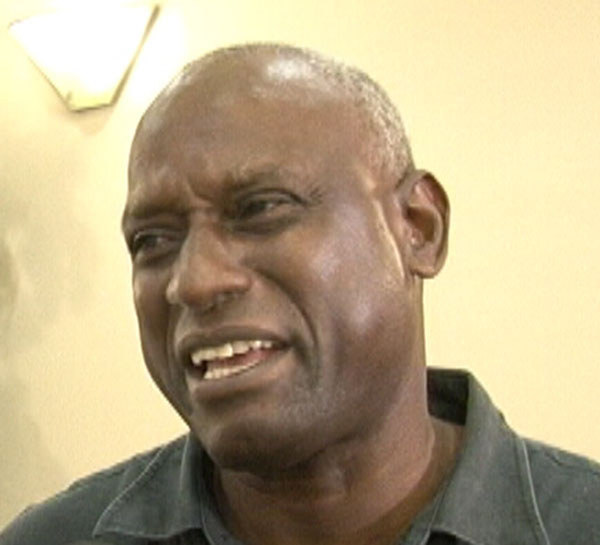Government is set to embark on a programme to help to promote the use of arbitration in commercial disputes with Guyana positioning itself as an arbitration hub. And such a move would require facilitating and further developing and upgrading its local arbitration law and practice.
According to a recent release from the Ministry of Legal Affairs, consultations have been held with Guyanese-born, retired High Court Justice of Belize, Courtney Abel. A proposal was made and considered, with the blessing of President Irfaan Ali, to help to promote Guyana as an arbitration hub by facilitating and further developing and upgrading its local arbitration law and practice.
The release further states: “This arbitration proposal, now accepted by Government, is ready for roll-out and will largely be managed by Justice Abel, a Guyanese, with credentials throughout the Caribbean, who has an extensive track record within the Commonwealth Caribbean and Central America.”
The release describes arbitration as a globally accepted form of managing and resolving disputes and explains:
“Its advantage is that it is usually private and quick. Persons locked in disputes can by agreement divert their disputes away from the usual and already stretched process of trial by a Judge. The judicial function is outsourced and handled privately by an independent, neutral and impartial trained or experienced third party. The decision of the arbitrator, called the Award, would be enforced by the Court without being subjected, to any of the Court’s constraints of lack of time and resources. Arbitration is widely regarded as the preferred method and solution to be used, not only for general commercial and international commercial transactions and disputes, but specifically, for the oil and gas industries.”
Justice Abel is now engaged as a Consultant to upgrade Guyana’s existing laws and to make recommendations to the Government of Guyana as to how it could develop and otherwise improve its local arbitration footprint, its training protocols and programmes to establish and maintain a high, international, standard of best arbitration practice.
The Consultant has already recommended that Guyana signs onto, ratifies, and where appropriate pass into its local laws the following International arbitration treaties:
(a) UNCITRAL Model Law on International Commercial Arbitra-tion (1985), with amendments as adopted in 2006
(b) United Nation Convention on the Recognition and Enforcement of Foreign Arbitral Awards (New York Convention)
(c) Inter-American Convention on International Commercial Arbitra-tion (Panama Convention)
(d) United States Bilateral Investment Treaty (USBIT)
The Consultant’s proposal will also review all of Guyana’s laws and rules as they will affect Guyana’s ability to achieve its objective of establishing Guyana as a reputable arbitration centre. He will make appropriate recommendations for repeal and the passing of new arbitration related laws and propose a wholly new administrative and infrastructural arrangement.
The Consultant will then provide any necessary support and assistance to the Minister of Legal Affairs in piloting the new arrangement through its constitutional, administrative and other legal arrangement to ratification and/or enactment and implementation.
In the spirit of transparency, both Minister of Legal Affairs, Anil Nandlall and Justice Abel acknowledge that the
public must be kept fully informed of the whole proposed arrangement and as this move towards arbitration advances. They also recognise that the public, including court users, parties to disputes, court officers and administrators as well as businesses, would benefit from continuous sensitization by way of public education, as to the customs and practices of arbitration.
Local and international businesses, operating in Guyana, will also need to be informed of the benefits and importance of developing international (even global) commercial arbitration customs and practices.
Nandlall anticipates that the present development “will not only have a positive, if not ground-breaking, impact on the commercial life of Guyana, but will also set, in place, long-lasting changes in the legal culture as it relates to civil and commercial litigation within the length and breadth of Guyana.” He expressed the hope that by implementing the present proposal, local regional and international confidence will also be inspired in Guyana as being a first-class place of commercial dispute resolution.
In April 2018, Justice Abel had made a presentation at a forum on Judicial Support for Arbitration. He and Nandlall are therefore very much aware that the support of Judicial Officers within Guyana, will have to be sought and obtained for both the local and international component of the proposed arbitration developments.


